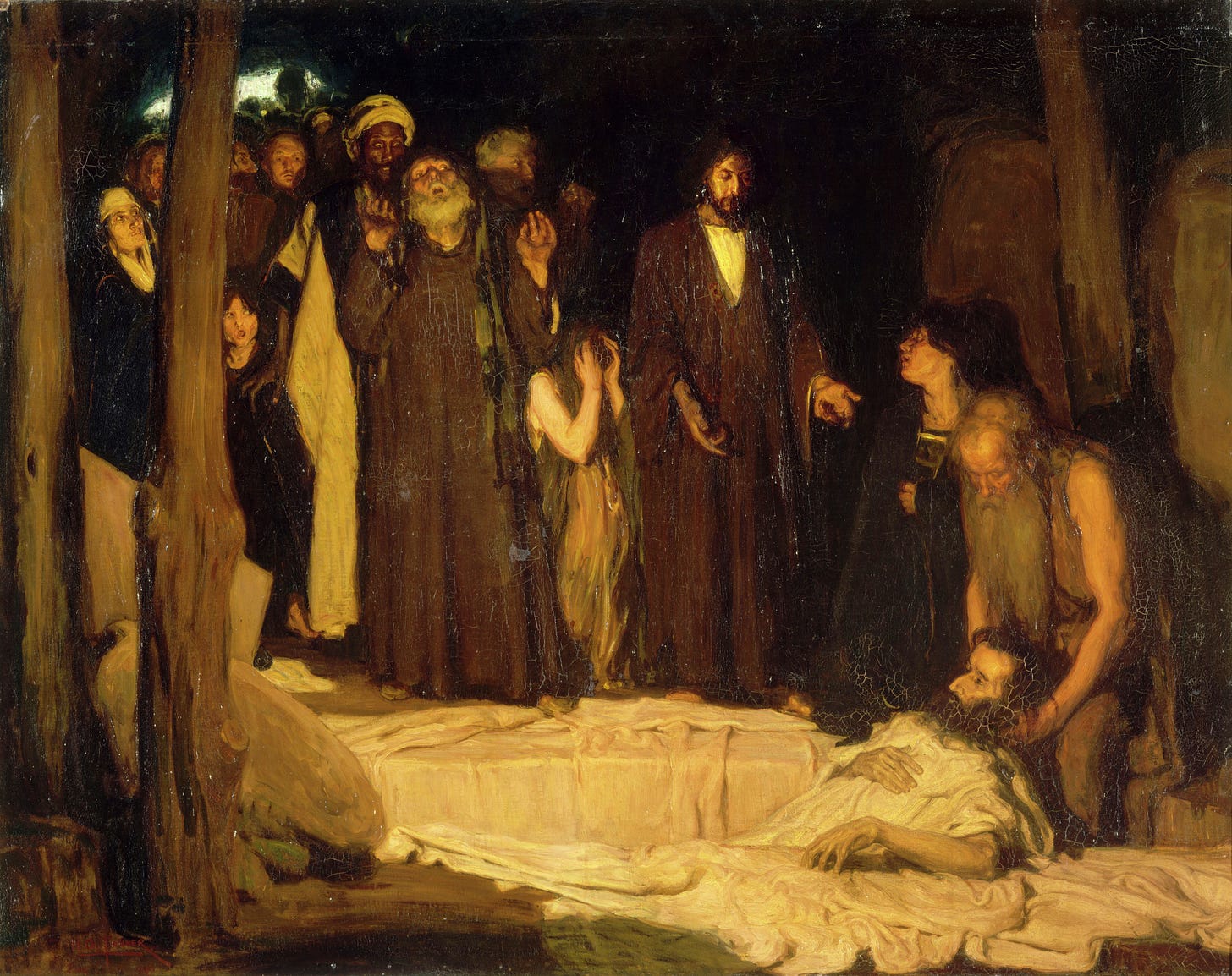📚🏵 Finished reading Wolf Hall for my book club and it’s my favorite read in a while. The historical novel centers around the figure of Thomas Cromwell who rises from humble and obscure origins to become a powerful advisor to King Henry VIII as he navigates his marital problems and schism with the Roman Catholic Church. I didn’t really know about this period of English history at all, apart from the whole head-chopping business which I assume is covered in the sequels.
📺🏖 I worked on this show back in 2022 and it’s finally coming out next week (Netflix, Sept 5)
💐 Finally, I want to dedicate this issue to the memory of my dear friend & mentor, Anya Bassett. I think she would have appreciated me putting happy items in this issue so I’ve tried to do that here.
Anya was an incredible educator who formed deep connections with her students that extended long past graduation. In that vein, she was one of the first subscribers to fD back when it was on an app called Nuzzel, and was always sharing her thoughts on the articles and encouraging me to keep writing. If there’s anyone you’ve been meaning to text or call, don’t put it off and just do it. To Anya, who cared deeply about the world and the people in it.
This one’s a short issue but back to regular schedule next week. I have a lot of open tabs that I need to close.
Good reading,
—TK
If you were forwarded this email, subscribe here.
Under conventional deep brain stimulation, patients receive a constant level of electrical pulses. While it helps most patients, many eventually reach a plateau or, because the therapy does not adjust to a patient’s experience, the stimulation may be too much or too little and lead to drastic swings between periods of rigidity and unbridled motion…
In recent years, neuroscientists have identified brain signals that correspond to phases of stiffness, called bradykinesia, and phases of uncontrolled movement, called dyskinesia. In the new study, researchers used methods derived from A.I. to devise a personalized algorithm for each patient and a way to detect and respond to brain activity as the patient’s symptoms fluctuated.
💊 One of my predictions from the end of last year was that in the short-term, GLP > GPT. There’s still a few years left to say but the evidence keeps piling up that these drugs do far more than just help with weight-loss. That includes protecting you from the effects of COVID-19.
In a large clinical trial, people taking the drug during the pandemic were less likely to die of Covid-19, researchers reported on Friday. People on Wegovy still got Covid, and at the same rate as people randomly assigned to take a placebo. But their chances of dying from the infection plunged by 33 percent, the study found. And the protective effect occurred immediately — before participants had lost significant amounts of weight.
💌 Dating app usage is down bad
Younger adults are growing especially weary of the apps. One survey commissioned last year by Axios, a news site, found that only a fifth of American college students were using them at least once a month. “It’s not fun, it’s so superficial and it’s also just like really exhausting,” laments one youthful influencer on TikTok, a short-video app. “I’m kind of over it,” sums up Wunmi Williams, a 27-year-old who, after years of swiping and matching, has been unable to find a partner through a dating app. In a sign of growing despair, the Marriage Pact, an annual event in which participants are matched with a “backup” spouse should their future romantic endeavours fail, has spread to 88 college campuses across America.
My personal theory on why dating app usage is down is because it’s a classic example of "if you're not paying for the product, then you are the product”. No matter what Hinge says, people actually finding love hurts these companies’ user retention. The incentives are just not aligned. There’s an interesting niche here for a new generation of tech-enabled, old-fashioned matchmaking solutions to come up, like this one or this:
Perhaps the biggest threat to the future of dating apps, though, is the growing share of singles looking offline for love. Last year some began wearing an aqua-coloured ring, made by a startup called Pear, to show their openness to being wooed. Thursday, a company that organises in-person events for singles, has expanded its service to roughly 30 cities, from Stockholm to Sydney. Its app works only on Thursday, when the events are held.
You’ve made it all the way to the end! Thanks for reading fD. You can support my work by upgrading to premium or share the newsletter with a friend. —TK
Here’s a link to my 2024 News Journal where I'm collecting the headlines that catch my interest each day.














